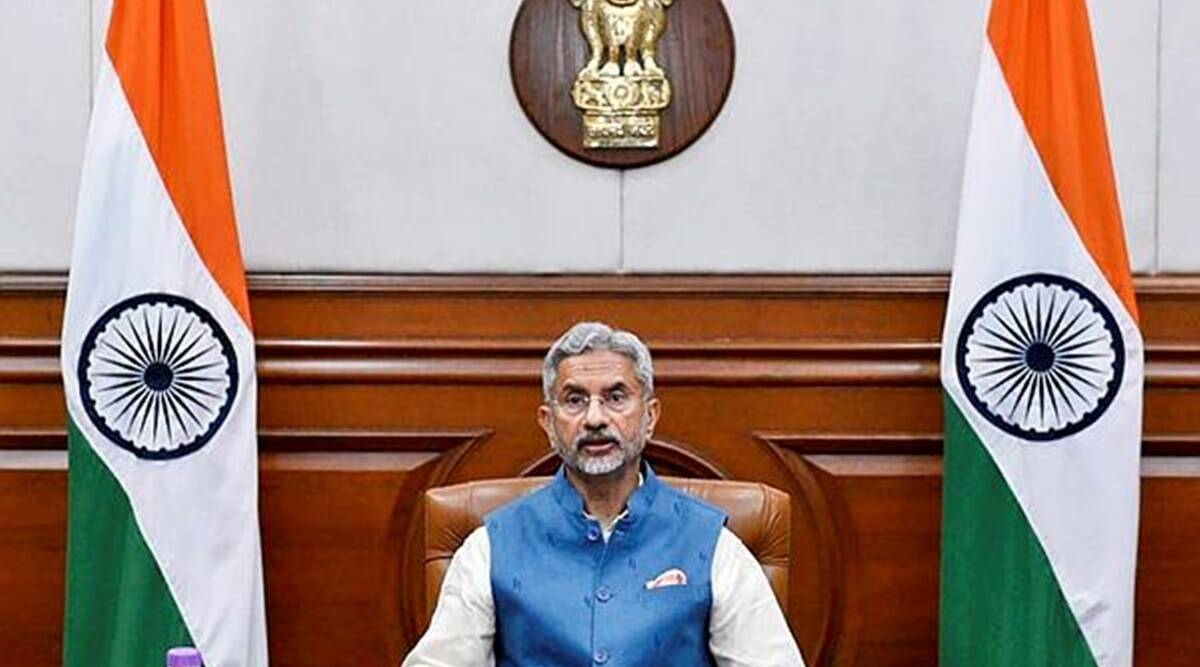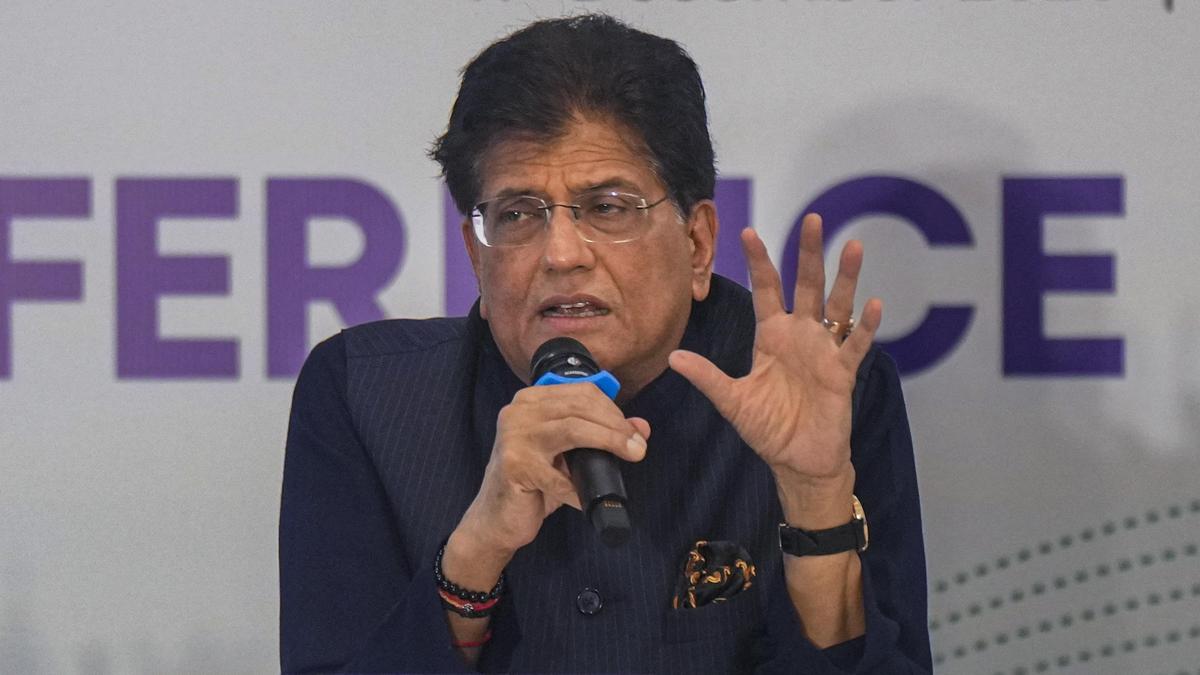There is a reason a lot of us still remember ‘A for apple, B for banana’ but may have forgotten Ohm’s Law or trigonometry; and the reason is relativity. In childhood, when our teachers taught us the English alphabet in a sing-along tune and used objects from our day-to-day lives, we paid more attention and things stayed in our minds for a longer period.
Following the same concept, teachers today are trying to get more creative, even when it comes to the higher classes. They are now using board games, digital games and other techniques to teach children about scientific concepts, English grammar, general knowledge and even basic concepts in mathematics.
“As teachers, we understand how much children enjoy playing games. To investigate this further, I intend to see if we can play games while learning to speak or write English. I was astounded to see how much fun youngsters had learning phonics, nouns, adjectives and other topics with the use of board games,” said Daljeet Arora who teaches English in classes 1 and 2. “To supplement my lesson many times, I also used the Kahoot quiz method (a series of questions with several multiple-choice answers to choose from). We also had a lot of fun playing roll-a-dice, and one of my favourites was making letters using our bodies, such as H.”
Such practices have increased during the Covid-19 pandemic. “It became difficult for me to get students to concentrate. Children in classes as high as 9 or 10 were losing focus because digital classrooms started getting monotonous. They were sitting alone in a room for almost three to four hours, attending one class after another and that started to negatively affect them,” said Khushboo Jain, a teacher in Ghaziabad. “So, I started using examples of card games to teach calculation in junior classes and used racing games to teach the concept of speed and/or complicated calculations.”
Some college professors, too, are moving towards a practical approach in teaching, rather than conducting the usual theory lectures. “In undergraduate education, there was once a class in chemical engineering that was about catalysts, reactions and reaction mechanisms. This involves remembering a lot of equations, reaction phenomena, energy diagrams, etc. We designed Bingo cards and played a game in class with around 25 questions. The students really liked it since it created attention and curiosity in class,” shared Kartic Vaidyanathan, founder of LetsPlayToLearn and a guest faculty at IIT-Madras. “Other games like Think-Pair-Share, that lead to classroom interactivity and fun, have also been tried. In BioTech engineering, a board game was designed for the topic reaction of species which led to a lot of engagement in the classroom.”
This is not limited to academic subjects. Some teachers use card games to teach students about sensitivity and life skills. In such cases, they ask students to pick a card that would have a situation written on it, share their possible reaction in that situation, and teach them social responsibility accordingly. “A friend of mine started using card games to teach concepts of law to her first-year undergraduate students and they learned those difficult concepts faster this way,” Jain said.
The need for games-based learning
Teachers believe that while theory classes are important, they tend to get monotonous in a world where everything now works in shortcuts and at the speed of a bullet. “Students learn faster when they receive quick feedback. Although theory classes are important, the feedback loop is often slow. Games accelerate feedback wherein the student gets to know if an answer is right or wrong and recalibrate their understanding accordingly,” said Gayatri Sharma, principal of Narayana e-Techno School, Gurugram.
Another reason why instructors are turning towards games-based teaching is to provide students with a safe space while learning. “Learners of all ages, be they young or old, need a safe space where they are not judged for their mistakes. A typical classroom or a training space does not provide that since most people are hesitant to speak up in forums for the fear of going wrong or being judged,” Vaidyanathan explained. “Games come in handy here since, in a game, losing or going wrong is perfectly okay and accepted. This does not demotivate them but, in fact, urges them to try again, causing better learning.”
This method also keeps students curious about the next class or lecture, rather than dreading another hour of theory class. Neelakantha Bhanu, founder and CEO of Bhanzu, explained: “If students are aware of the fact that math classes will not be only theory-based, then they will also be curious as to what will happen next in class.”
Additionally, games-based learning also provides immediate, yet less harsh, feedback. If a child’s answer is wrong in a game, he/she will learn that as soon as the results are out, laugh about it for a minute and then move on. However, in the traditional setup of a classroom, where students are rewarded with marks, that score will stay in the student’s academic record forever, which may feel like a stain to some. “One of the most significant advantages of a game-based learning methodology is that games, by design, incentivise correct actions and incorrect actions immediately in the form of points/rewards or progress. As part of the learning process, the learner receives instantaneous feedback,” Vaidyanathan said.
Some teachers believe that these games also increase the output in classrooms. “When they play, unknowingly they learn certain skills that result in more productivity and great results academically and results indicate that for students who actively participate, their problem-solving skills and cognitive skills increased greatly,” Yogita Govind Malviya, an English teacher at Tomoae School said.
“If we increase the use of games in the teaching-learning process, students can better grasp concepts and retain ideas for a longer period of time. With the Prodigy Education tool, students get motivated to answer math questions in a fun and engaging manner. It makes learning math fun and provides easy solutions to problems they encounter every day. It’s a great learning tool for kids,” said Uma TM, Head Mistress of Kids International School.
However, some also add that this practice should not be excessively used. “We can increase our usage but with caution so the students don’t get overexposed to gadgets. Classroom teaching along with game-based learning can help students learn better,” cautioned Bharath Kumar B.N, Founder Chairman of Aditi Public School in Bengaluru.
!function(f,b,e,v,n,t,s)
{if(f.fbq)return;n=f.fbq=function(){n.callMethod?
n.callMethod.apply(n,arguments):n.queue.push(arguments)};
if(!f._fbq)f._fbq=n;n.push=n;n.loaded=!0;n.version=’2.0′;
n.queue=[];t=b.createElement(e);t.async=!0;
t.src=v;s=b.getElementsByTagName(e)[0];
s.parentNode.insertBefore(t,s)}(window, document,’script’,
‘https://connect.facebook.net/en_US/fbevents.js’);
fbq(‘init’, ‘444470064056909’);
fbq(‘track’, ‘PageView’);







